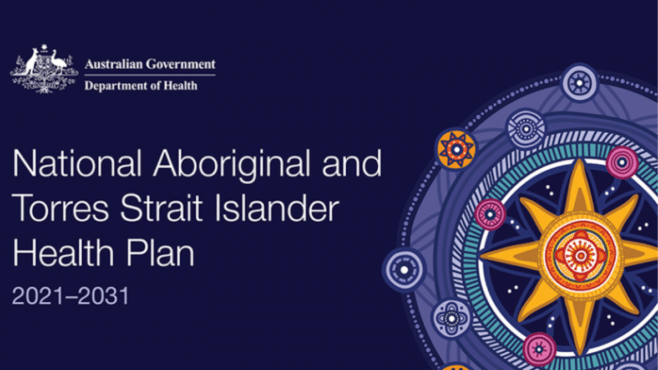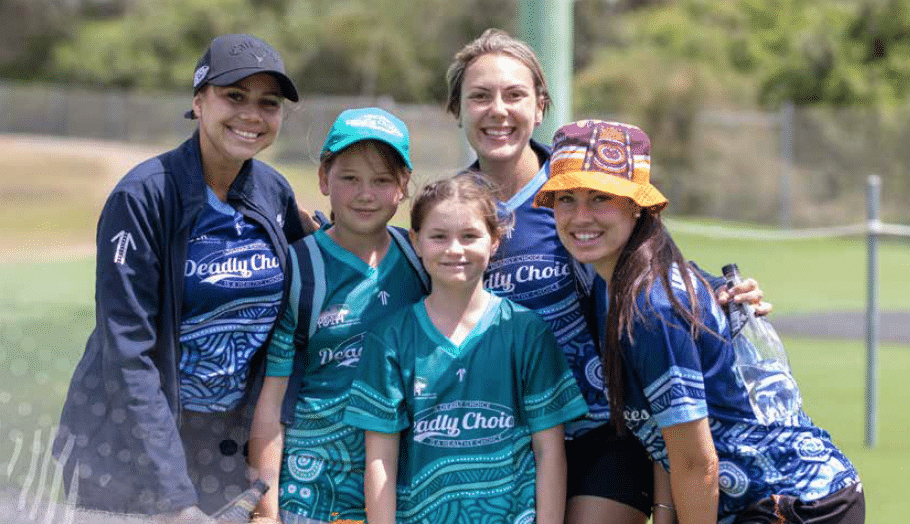

NACCHO welcomes the 2017 AMA Report Card on Indigenous Health: A national strategic approach to ending chronic otitis media
The peak body for Aboriginal controlled medical services today welcomed the release of the AMA’s 2017 Report Card on Indigenous Health and joined its call for a national, systematic approach to closing the gap in the rates of chronic otitis media between Indigenous and non-Indigenous children in Australia. This disease has long term disabling effects and social impacts in the Indigenous adult population.
National Aboriginal Community Controlled Health Organisation (NACCHO) Chair, Mr. John Singer said Indigenous children experience some of the highest rates of chronic otitis media in the world.
“This is a disease of poor people in poor countries as well as other indigenous minorities. These unacceptably high rates have been known for at least 60 years,” Mr. Singer said.
Chronic otitis media has lifelong impacts for health and well-being just like cardiovascular disease or diabetes – its effects are often ‘life sentences’ of disability and are linked to high rates of Indigenous incarceration.
NACCHO calls on Australian governments to adopt the recommendations of the Report including embedding chronic otitis media and hearing loss in the Closing the Gap Strategy. However in addition to these principles specialist ear disease and hearing services must be provided to all Aboriginal children if this disease is to be tackled.
Like many chronic diseases impacting on the gap in life expectancy, otitis media is linked to poorer social determinants. “If we are serious about improving health outcomes for Indigenous people, governments at all levels must do more to improve education, housing and employment outcomes.” Mr. Singer said.
Indigenous led solutions must be at the centre of any approach. Aboriginal people are more likely to access the care and support they need from an Aboriginal controlled organisation. The community controlled sector has the experience, history and expertise in working with Aboriginal communities and are best placed to work with governments on the report recommendations. Our members should be the preferred model for investment in comprehensive primary health care services.
Our members across the country are keen to work with governments on a systematic approach to the prevention, detection, treatment and management of otitis media,” Mr. Singer said.
NACCHO, its Affiliates and members will continue to work with the AMA in the hope that the report will be a catalyst for coordinated, sustainable government action to improve ear health among Aboriginal and Torres Strait Islander people.
For the full PDF click HERE
Media contact: Julian Fitzgerald 0413 982 224

